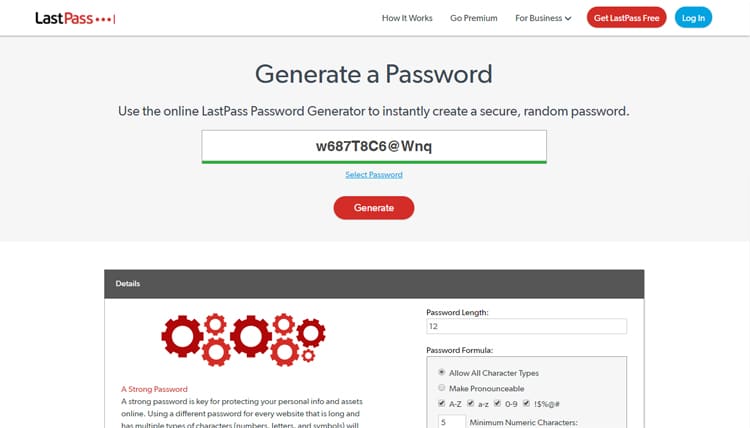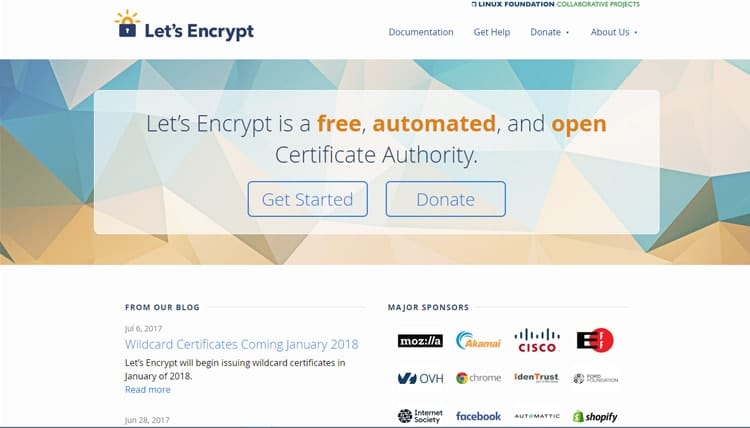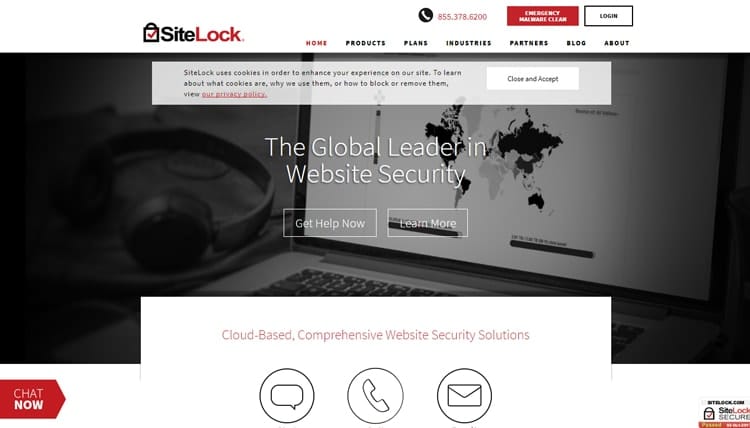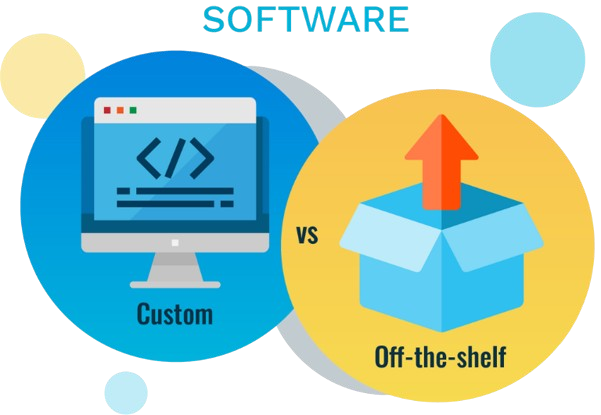One of the great threats plaguing the digital world is hacking. Even big companies and government websites have become victim to hacking activities. This has caused millions of losses for the companies and a breach of private information as well.
But what exactly is hacking and how does it happen?
It used to be that “hacking’ happens when a clever individual put anything novel or unintended into a computer that results in something cool or useful. It started out with a positive connotation. Not until recently when a “hacker” refers to someone who discovers and takes advantage of a weak spot in the computer’s system or network. This then was used to exploit the system by getting private information or accessing the system illegally.
Usually hacking happens when a someone gets hold of a user’s id and password. How? Most of the common way is thru phishing sites or simply asking the user for their password thru manipulative ways. Once a hacker has the password, then it now becomes easy to hack the system or network of the user.
Knowing the above, how do you then prevent your website from being hacked? Here are 3 easy steps to follow:
1. Regularly change your passwords

Passwords are our first line of defense against hackers. However, most people still do not use secure passwords, much less change them every now and then. Passwords are not foolproof either as hackers can work their way around them. One way to avoid being hacked is for you to change your passwords regularly. It also advised that you use different passwords on different sites or platforms that you use. This includes your password on your emails, websites, web hosting, domain hosting, to name a few. Make sure that the password you use is not weak or following a pattern as that is something that hackers can easily identify. If you are not good at generating strong passwords, then LastPass is a site that you can use to generate a secure and hard-to-crack password.
2. Use encrypted SSL protocol

Another way to prevent your website from being hacked is by using SSL. SSL (Secure Sockets Layer) is a technology that establishes an encrypted link between a web server and browser. This kind of security ensures that all data passed between the web server and browsers remain private and confidential. SSL is an industry standard and is required especially if your website is collecting customer information. SSL certificates can be bought from several vendors and cost thousands of pesos per year. However, there is a way to get free SSL certificate. Let’s Encrypt is a free, open and automated certificate authority. It is sponsored by big brands such as Mozilla, Cisco, Google and Facebook and allows people to get digital certificates for free.
3. Use Sitelock

SiteLock provides a cloud-based security tool that helps scan your websites for malwares and other online threats. It checks for other vulnerabilities within your website as well. It acts like an anti-virus service for your web server where a daily malware scan is being done to your server and automatically remove it if detected. Given the security provided by SiteLock, there is an increased trust of customers to your website. Although the use of SiteLock comes with a fee, most website owners choose to avail of it as it is more costly to repair a hacked website.
Applying the 3 easy steps above is 1 way of prevention. Some hackers are also programmers that can inject malicious codes to get in to your website. It’s important to get a reliable and trusted Web Development Company that will maintain your website; constantly update the software; and perform regular backups to make sure that your website is secured. What you don’t want to happen is one day your customer or prospect visited your website, and it shows a totally different content, we have encountered a hacked website that shows nude content, terrorist content and all sorts of garbage that will instantly ruin your brand and credibility.




